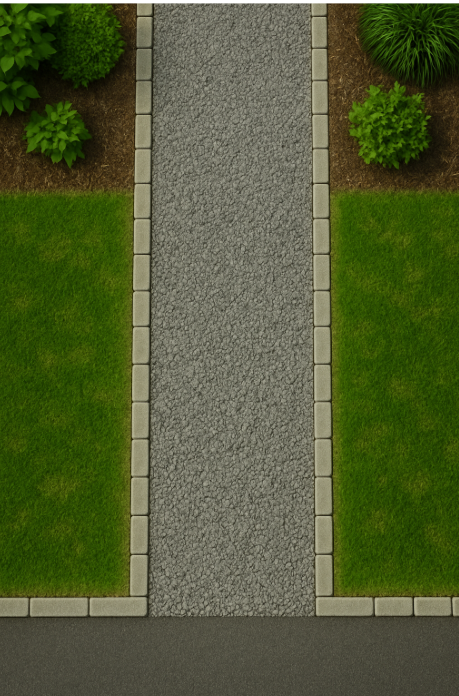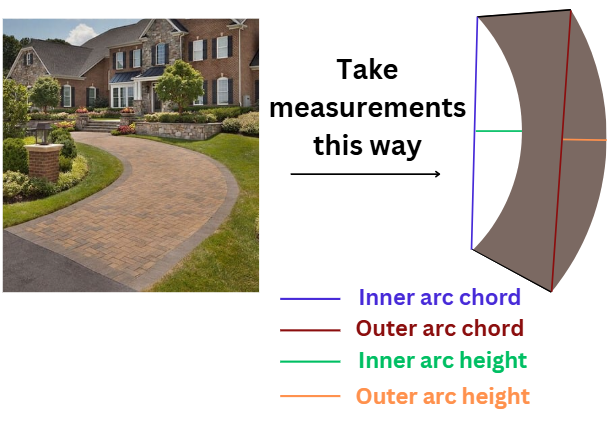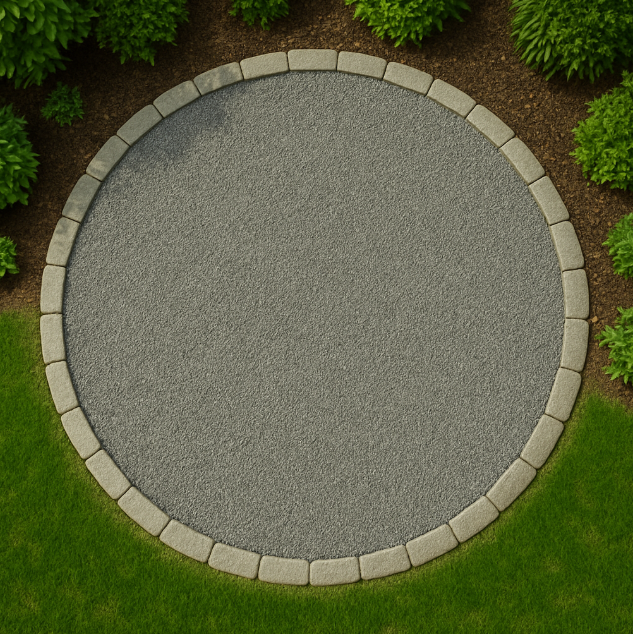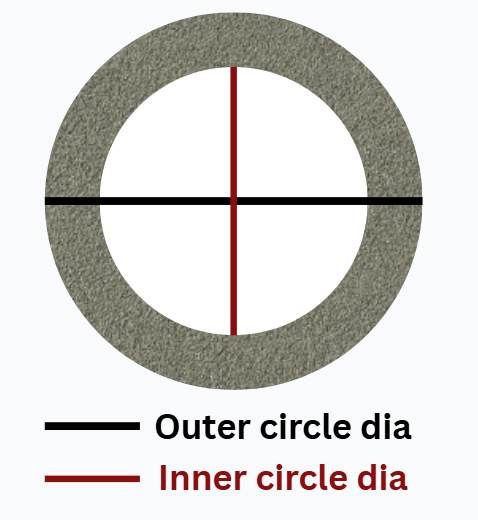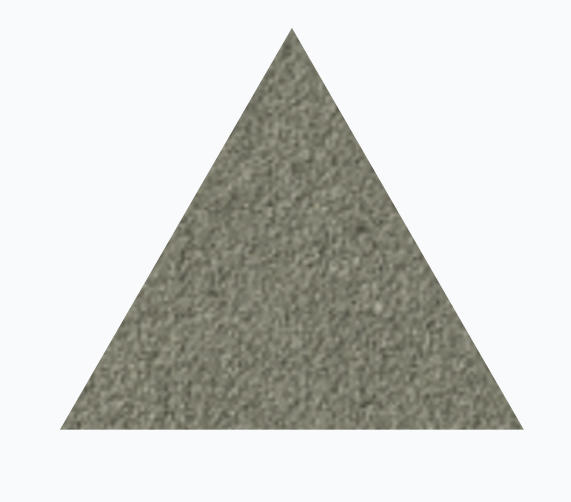How to Use These 304 Gravel Calculators?
Start by taking the relevant measurements and entering them into the appropriate calculator. Each tool computes area × depth to get volume, then applies density to get weight.
For multi-section projects, sum each area’s result and add 5–10% extra for compaction and leveling.
What is 304 Gravel?
304 gravel (also called 304 limestone) is an aggregate with a blend of stones up to 1.5″ plus fines—compacts tightly for a strong, stable base.
Densities of 304 Gravel
| Condition | Density (kg/m³) | Density (tons/m³) | Density (tons/yd³) |
|---|---|---|---|
| Loose (dry) | 1,750–1,850 | 1.75–1.85 | 1.31–1.38 |
| Compacted (dry) | 1,900–1,960 | 1.90–1.96 | 1.42–1.45 |
| Moist (standard) | 1,920 | 1.92 | 1.43 |
Common Uses of 304 Gravel
- Base layer under driveways and roads
- Foundation support for sheds, patios, garages
- Sub-base for pavers and walkways
- Backfill around retaining walls
- Under concrete slabs and footings
- Temporary construction access roads
Advantages of 304 Gravel
- Compacts tightly for a stable base
- Supports heavy loads like vehicles and slabs
- Minimizes settling over time
- Affordable and readily available
- Suitable for a wide range of applications
Tips Before Ordering
- Measure accurately in feet or meters
- Add 5–10% extra for compaction and grading
- Install in layers and compact each layer
- Use with clean stone if a smooth finish is needed
- Order in tons if that’s how your supplier prices materials. For angled sections, break them into triangles and use the triangle gravel calculator for volume and weight estimation.
FAQs
How much does a cubic yard of 304 gravel weigh?
Roughly 2,800 to 3,000 pounds (1.4 to 1.5 US tons), depending on moisture content and compaction.
Can I use 304 gravel as a top layer for driveways?
It’s not recommended. The dust and fines create a muddy, dusty surface. Use #57 gravel or ¾ inch clean stone instead.
Is 304 gravel good for drainage?
No. The fines in 304 gravel prevent proper water flow. For drainage, choose clean stone with no dust.
How deep should I lay 304 gravel?
A depth of 4–6 inches is typical for most base layers.
What is the standard density used for 304 gravel calculations?
Most estimates use 1,920 kg/m³ as the standard compacted density.
